Blog
Mindful Balance Space
- By Devanshi

Our Approach
Resources
Evidence-based therapy techniques for positive change.
Read insightful articles on psychology
Evidence-based therapy techniques for positive change.
Explore
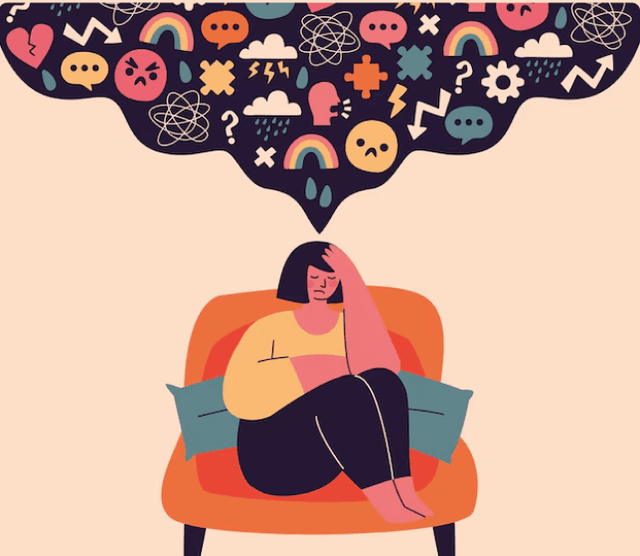
Are you experiencing persistent stress, emotional overwhelm, or social withdrawal? Learn about common signs that indicate when therapy may be beneficial, debunk myths around seeking help, and understand how professional guidance can support your mental health journey and boost resilience
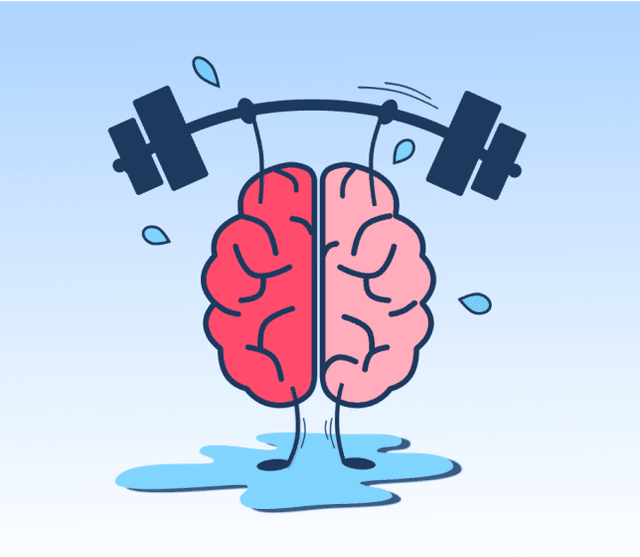
Read practical tips about how to manage anxiety in a world which always moves too fast. Master the art of mindfulness, right breathing techniques, how to detox yourself from the digital world and much more to enrich your mental health
Blog
- By Devanshi

More from Mindful Balance Space

Places We Go When We’re Brave Enough to Feel: Exploring Emotional Intelligence
Learn how emotional intelligence can help you build trust, manage hurt, and improve communication in relationships
Read more

Acceptance and Commitment Therapy (ACT): Unlock Psychological Flexibility for Better Mental Health
Discover how Acceptance and Commitment Therapy (ACT) helps treat anxiety, depression, and more by promoting mindfulness and psychological flexibility. Learn how ACT fosters a meaningful, value-driven life despite emotional challenges.
Read more
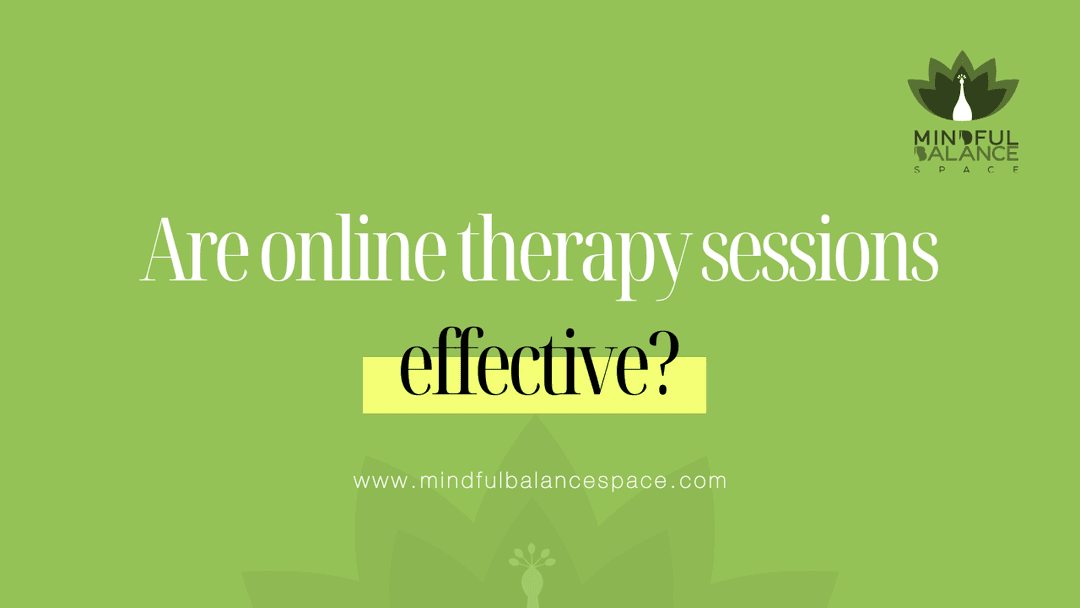
Online Therapy Sessions: Convenient & Flexible Mental Health Support Anytime, Anywhere
iscover the benefits of online therapy sessions for managing anxiety, depression, and more. Learn how virtual therapy offers convenient, secure, and flexible mental health care from the comfort of your home.
Read more

Transform Your Sleep with Mindful Balance
Sleep is a cornerstone of well-being, yet so many of us struggle to get the restorative rest we need. At Mindful Balance, we specialize in helping individuals overcome sleep issues using evidence-based approaches like Cognitive Behavioral Therapy for Insomnia (CBT-I). Let’s delve into how our personalized sleep programs work and hear a client’s inspiring journey to better sleep.
Read more
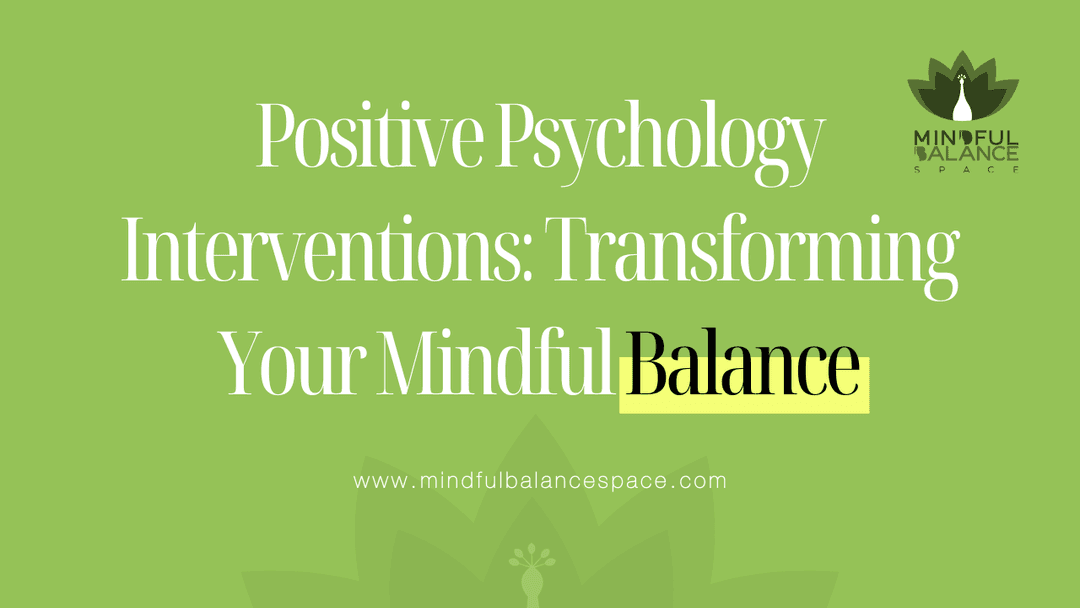
Positive Psychology Interventions: Transforming Your Mindful Balance
In the hustle and bustle of everyday life, finding balance can feel like a distant dream. At Mindful Balance, we believe that balance starts from within. Positive psychology interventions (PPIs) offer practical, evidence-based techniques that empower you to create a more fulfilling and balanced life. Let’s explore what PPIs are, how they work, and how they can be a game-changer in your journey to mindfulness and mental well-being.
Read more
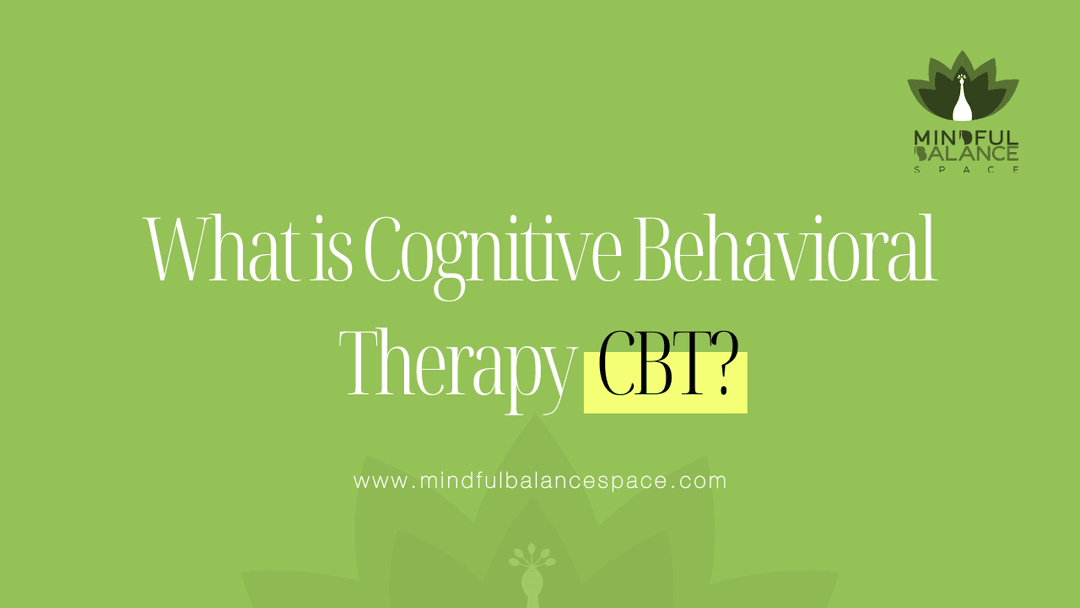
Understanding Cognitive Behavioral Therapy (CBT): Benefits, Techniques, and Applications
Discover the benefits, techniques, and applications of Cognitive Behavioral Therapy (CBT). Learn how it helps manage anxiety, depression, and other mental health conditions.
Read more







QUICK LINKS
HELP
RESOURCES
About
Case Studies
Services
Meet
Terms & Conditions
Contact Us
Community
Privacy Policy
Blogs
2024 • Mindful Balance Space • Devanshi Doger